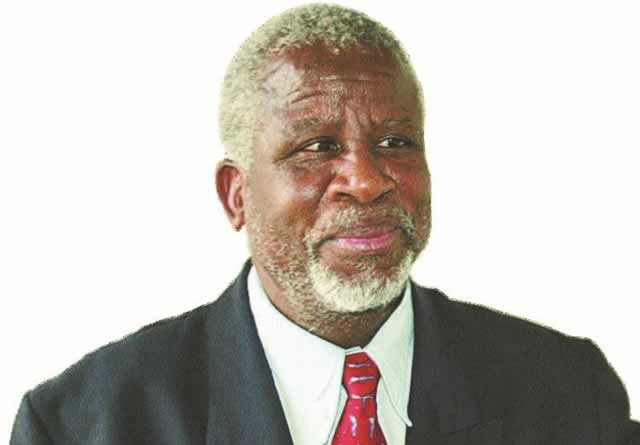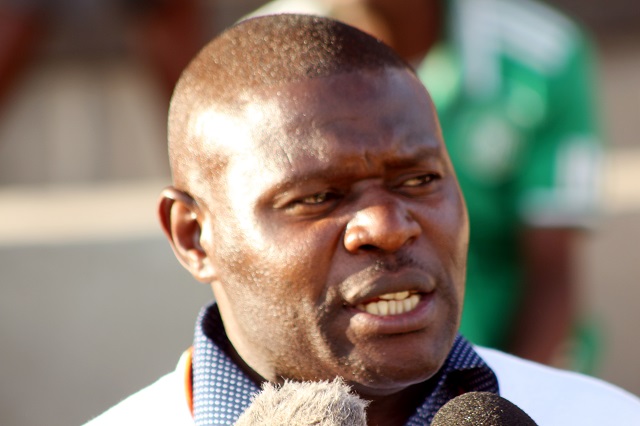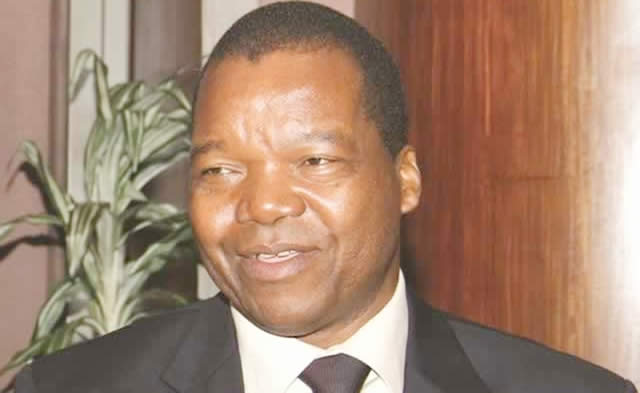Jindu murders, ritual connection: Traditional practitioners labelled as helpers of perpetrators

Whinsley Masara, Chronicle Reporter
FOLLOWING revelations that suspected serial killer, Rodney Tongai Jindu (26) targeted people with a Ncube surname, some inyangas have explained the power behind a totem in rituals.
A South African inyanga — only identified as Ndimande — allegedly enticed Jindu of Glengarry suburb with promises of instant riches if he delivered the body of a person with a Ncube surname.
Jindu, who is on remand for the murders of his friends Mboneli Joko Ncube (30) and Cyprian Kudzurunga (28), was allegedly introduced to Ndimande by a man he went to college with in South Africa.
A traditional healer, who preferred to be called Sekuru, said Jindu could have been collecting body parts for someone who wanted to improve his agility in dodging or outwitting enemies or the police.
“The Ncube totem is represented by a baboon or monkey. These animals are known for their speed and agility which often results in them making narrow escapes from predators,” said Sekuru, who originates from Chipinge.
“It is believed that surnames have characteristics of their totem embedded in them. These can be harnessed to bring wealth or unbelievable luck to anyone brave enough to undergo certain rituals. The rites, depending on what the person hopes to achieve, may range from merely extracting drops of blood from the victim to taking vital organs like the heart, liver, kidneys, brain or limbs.”
Sekuru said the person for whom Jindu may have procured Ncube’s body parts for, could be a criminal in the mould of an armed robber who wanted to keep a step ahead of the law.
“Alternatively, it could be a businessman who wants to expand his territory,” said the inyanga.
Jindu led police to a plot in Burnside suburb where he had buried his friends’ bodies.
He allegedly shot Ncube dead and handed the body over to Ndimande or his representatives who allegedly harvested body parts that include the heart, head, legs and hand.
They allegedly returned the dismembered body to Jindu in a plastic bag and he cut it into pieces which he set on fire before burying them in four shallow graves.
A prominent historian and social commentator, Mr Pathisa Nyathi said young people, usually those in their 20s are usually killed in ritual murders for their virility and vitality.
“The human parts are used to form a goblin, which is a living creature. I understand people of any surnames can be used. It all depends on the traditional practitioner and probably the purpose of the ritual,” said Mr Nyathi.
“This is a time when people are doing just about anything to earn quick money, committing absurd acts for the love of money.”
“Many of these acts lead to arrest and a sense of guilt for the rest of the killers’ lives. People who do ritual killings are usually haunted and affected psychologically for the rest of their lives. It can never be easy to live a free life knowing you ended one’s life,” said Mr Nyathi.
The Zimbabwe National Traditional Healers’ Association (Zinatha) president Mr George Kandiero has said ritual murders are pure witchcraft and his association suspends any traditional healer found engaging in the practice.
He said people who are prepared to kill to gain riches, often target family members for the most potent muti.
“If they can’t kill immediate family members, they have to find somebody with a similar surname or totem,” said Mr Kandiero.
He said Jindu could have been hired to get body parts for a Ncube who could not kill a member of his family.
“Ritual murders are usually done by people seeking instant riches and some criminals like serial robbers who believe every body part can be used for specific rituals which can make them successful,” he said.
“Certain things are done on the parts; others use the fresh flesh while others burn the parts and use the ashes. Traditional practitioners are regarded as “helpers” and so they believe their core duty is to help anyone in any way that they desire.
“Having experimented on such, they believe human body parts can revive or boost one’s business, help one to get rich quickly while some criminals believe that dead people’s spirits can guide them so that they can evade arrest,” said Mr Kandiero.
The Zinatha president said the exercise of urinating on the graves is usually an instruction from inyangas and is a ritual meant to avoid being haunted by the spirit of the victim.
“Killing a human being is not an easy thing. It can haunt one for life or one can even be insane. It is believed urine coupled with some unpalatable rituals can weaken avenging spirits. Probably it is also a way for the murderer to enhance or boost his riches,” said Mr Kandiero.
Jindu was allegedly engaged by the South African “inyanga” who allegedly promised payment of $20 000 and a Toyota Quantum vehicle for providing the body parts of a person from the Ncube clan.
A traditionalist who asked not to be named said wicked people use body parts to make goblins.
“It is an arcane art that can be successfully done by very few people. The brains and heart of a person can be used to make invisible beings that are programmed to do the owner’s bidding,” said the traditionalist.
She said it is easier to control a goblin if it was created from body parts of a human with the same totem as the owner.
“Thus, a Dube can more easily control a goblin made from parts from a Dube person. That’s the reason why most people are known by fake surnames. You get to know their true surnames when they die. They will be protecting themselves from those wicked enough to kill them for supernatural gains,” she said.
The traditionalist said they were dangers linked to owning or creating goblins.
“They may periodically need human blood sacrifices. These sacrifices become more frequent as the goblin does more for the owner. If they are not satisfied, they may turn on the owner, start sleeping with females in the home or killing relatives,” she said.
Cases of ritual killings are more prevalent in West Africa and neighbouring South Africa.
South Africa’s Daily Sun on Tuesday published a story of Johannesburg residents that are furious as a result of an inyanga who distributed pamphlets, marketing his trade of buying human body parts. The inyanga invited people who wished to him their body parts to visit his surgery
The pamphlets made the rounds on social media and on the streets.
The “sangoma” who calls himself Dr Uba promises to pay good money for body parts, but he doesn’t reveal what he will do with them once he gets them.
The pamphlets seen on street poles and in malls, offer a list of body parts the doctor will take out of your body and how much he is prepared to pay.
The pamphlet reads that human eyes are worth up to R5 000, breasts go for R1 800 and a tongue is R2 500. Testicles are priced at R1 600 each, hands and kidneys at R3 800. The pamphlet reads that rhino parts are also available.
Gauteng police spokesman Captain Kay Makhubele said the pamphlet was playing on people’s minds.
He warned people not to fall for such things and said police would launch an investigation.
— @winnie_masara.










Comments